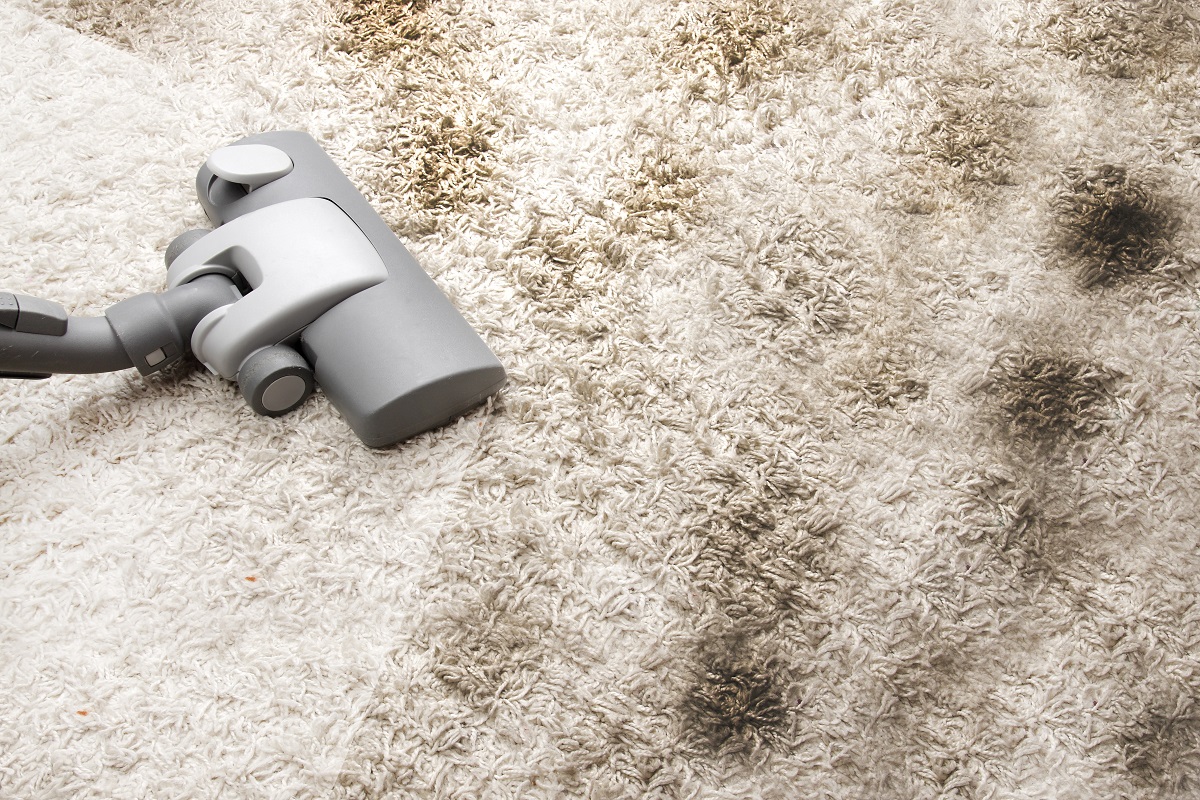You cannot take allergies for granted. While most allergic attacks are minor incidents, some can be potentially deadly. And you cannot afford to risk your health just because you’ve mistakenly considered your allergies no more than a minor inconvenience that happens from time to time.
The worse possible allergic attack is called anaphylaxis. This allergic reaction involves the entire body, including the skin, lungs, digestive tract, heart, and circulatory system. It can also affect the nervous system and the eyes. If no immediate treatment is given to a person suffering from anaphylaxis, the situation can lead to death.
With that said, you must take allergies seriously. Here are ways to prevent possible allergic attacks.
Know the cause of your allergy
The first step to managing your allergies is to know what triggers those reactions. These triggers can either be something you’ve ingested or something in the environment you’re in. An allergic attack is your immune system’s way of informing you that you’ve been exposed to allergens.
There are common allergy triggers. For example, when it’s late spring or early summer, there’s grass pollen. Meanwhile, there’s weed pollen when it’s late summer or early fall. Between July and October, there’s mold to worry about. Plus, you can suffer from allergic reactions due to the food you eat, such as peanuts, eggs, and fish.
Buy an air purifier
If you’re allergic mostly to stuff in your immediate environment, such as dust mites, it’s in your best interest to purchase a home air purifier. Your best bet is a purifier that’s capable of both air and surface purification. It should effectively kill viruses, bacteria, mold, and other pathogens. Now that we’re in the thick of a pandemic, an air purifier is an essential investment.
Sure, you can use disinfectant sprays. But bear in mind that those products may be harmful to your health. They might contain toxic compounds such as Quaternary Ammonium Compounds (QACs).
Clean the house regularly

This is another proven way to curb allergic attacks, especially if your immune system primarily responds to allergens in the air and your immediate surrounding. If you keep sneezing at home, and your eyes suddenly get watery and itchy, chances are your indoor air’s filled with allergens. Regular cleaning of your house is important.
Have a fixed schedule where you replace curtains and bedding. Try to rid all surfaces of dust particles too. Do not neglect your HVAC system. Allergens can accumulate in your heating or cooling system’s air vents and filters. Those allergens find their way back into your home.
Mind the ingredients of the food you buy
Whenever you go to the grocery, make it a habit to read food labels. Remember that allergic attacks from ingested food are usually more critical than allergic attacks due to inhaled allergens. So if you know you’re allergic to peanuts, for instance, make sure that the stuff you buy from the grocery don’t contain peanuts in any form.
When you eat out, don’t shy away from asking about what’s in the food you want to order too. Explain to the wait staff that you’re allergic to specific ingredients. They’ll gladly adjust their dish to your request. If not, eat elsewhere; it’s their loss.
Keep your furry companion free of dander
Animal dander is another common allergen. But if you love your canine or feline companion, chances are you won’t ever give them up. It’s non-negotiable. And that’s perfectly understandable.
What you can do instead is to make sure that they’re as dander-free as possible. That means consistently having them groomed professionally. Alternatively, you can choose hypoallergenic dogs or cats. Dogs that are nice to people with allergies include the affenpinscher, American hairless terrier, bichon frise, and Bedlington terrier, to name a few. As for cats, your best option is a sphinx, which is hairless.
Those who suffer from chronic allergic attacks usually carry some medication with them. That is most true for those with severe allergic reactions. They always have epinephrine or adrenaline handy. And they are trained to self-administer those first aid medications.
If you don’t require those medications in your bag every time you go out, consider yourself lucky. Still, you need to learn the basics when it comes to responding to allergic attacks. That way, you know you can take care of yourself should you experience a severe attack.
Moreover, keep the recommendations listed here in mind. Follow them as much as you can. It’s better safe than convulsing on the floor, frothing in the mouth.